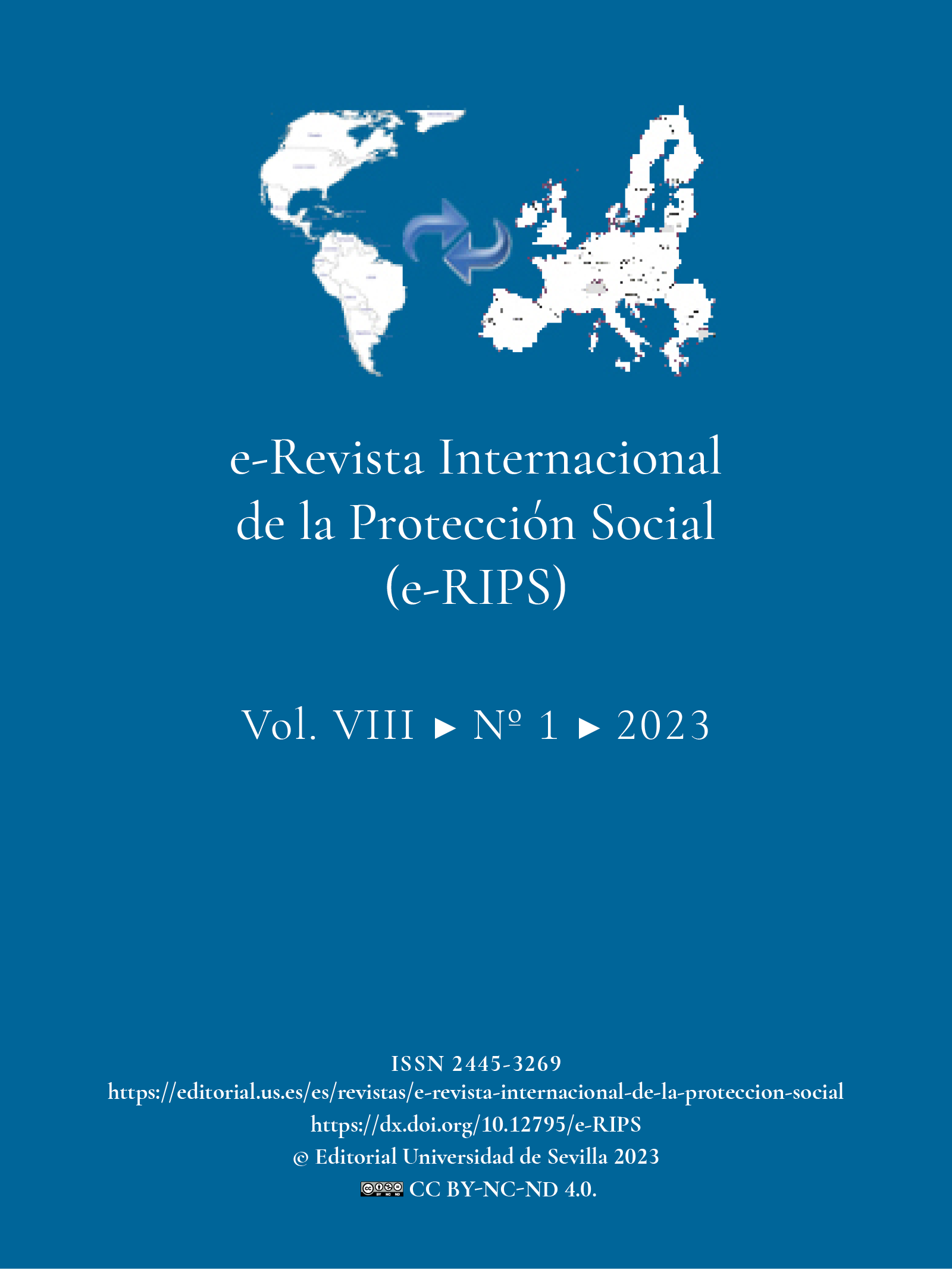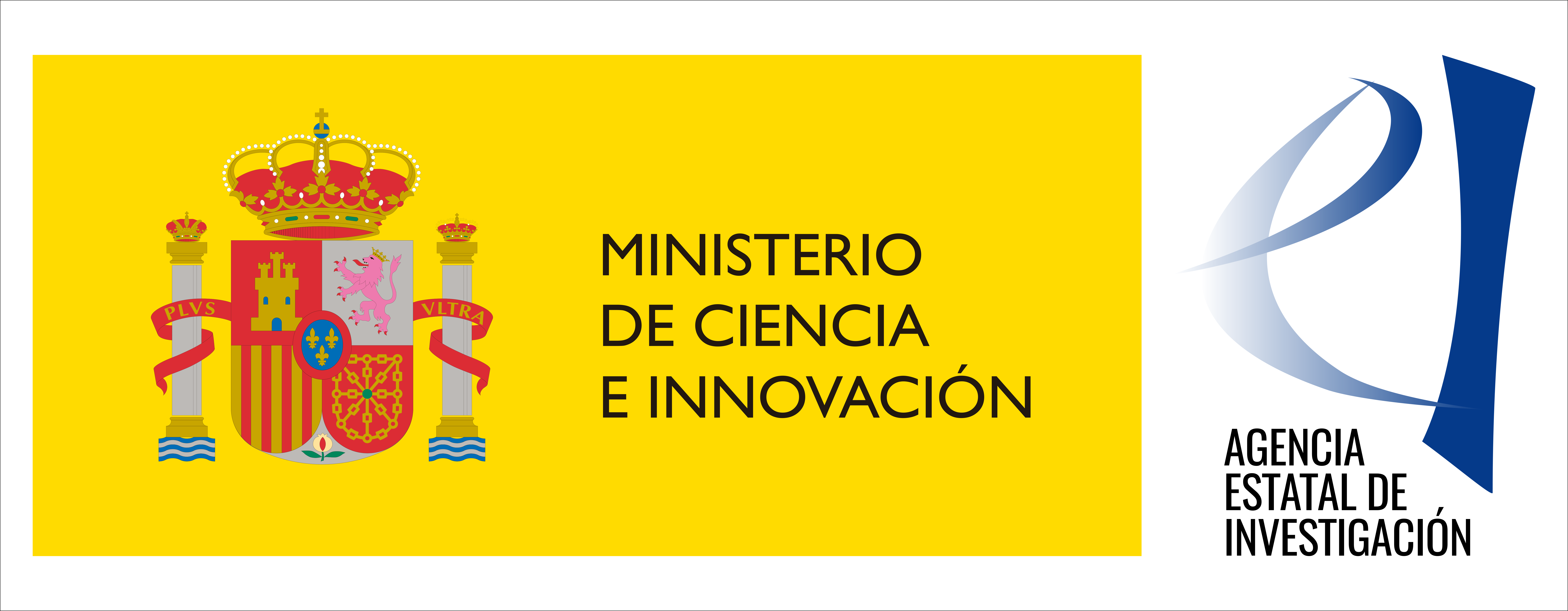The dialectic of economic freedom and social rights in the industry 5.0 framework
DOI:
https://doi.org/10.12795/e-RIPS.2023.i01.05Keywords:
Tension between the social and the economic, Atypical forms of the employment contract, Agenda 2030, Decent work, Industry 5.0Abstract
Labor law experiences a fracture resulting from economic and social changes. Technology has strongly impacted labor relations and focused incisively on the movement of workers and their aspirations and expectations that no longer be linked to the traditional employment contract. The current configurations of companies must take into account the human being and must have objectives that go beyond profit, being essential that they play a fundamental role in social development and improvement of the quality of life of the worker, regardless of the nature of the contractual bond that establishes with him. It is absolutely necessary that labor law can enable the interaction and dialogue between the social and the economic. The essence of labor law is to approach the working class and employer regardless of the degree of subordination or independence that characterizes the work relationship. The time has come to critically look at the facts that have caused the crack of labor law and build a science of approximation and not of remoteness between the parties of the employment contract, in importing the nature of the bond they maintain. The technology should allow this approach and be applied to improve the human condition.
Downloads
References
Bauman, Z.: Vida de consumo (Sociologia), Fondo de Cultura Económica, 2012 [Edición de Kindle].
Comissão Europeia: Livro Branco sobre a inteligência artificial – Uma abordagem européia virada para a excelência e a confiança (19/2/2020).
Eurofound: Employment and working conditions of select types of plataform work, Publications Office of The European Union, Luxembourg, 2018.
Eurofound: The rise in telework: Impact on working conditions and regulations, Publications Office of the European Union, Luxembourg, 2022.
European Commission: Industry 5.0: Towards a sustainable, humancentric and resilient European Industry, Publications Office of the European Union, Luxembourg, 2021.
FMI: Relatório Anual do FMI 2022, crise após crise, 2022.
Marx, K.: El capital I [Edición de Kindle].
Mayer-Schönberger, V. y Ramge, T.: La reinvención de la economía. El capitalismo en la era del big data, Turner Publicaciones, Madrid, 2019 [Edición de Kindle].
Nahas, T. C.: “Terceirização: Lei 6.019, de 03 de janeiro de 1974”, in Nahas, T. C. et al.: Leis Trabalhista Comentadas, Thomson Reuters Brasil, São Paulo, 2018.
Nahas, T. C.: “Trabalhador empreendedor: ¿Tendência ou Solução para evitar a precariedade?”, Papeles de Discusión (IELAT, Instituto Universitario de Investigación en Estudios Latinoamericanos), núm. 21, 2020, pp. 25-29. Ejemplar dedicado a: Nuevas formas de trabajo y economía informal, coordinado por José Eduardo López Ahumada.
Oficina de Actividades para los Trabajadores (ACTRAV): Del Trabajo Precário al Trabajo Decente. Documento final del simposio de los trabajadores sobre políticas y reglamentación para luchar contra el empleo precario, Organización Internacional del Trabajo, Ginebra, 2012.
Oficina del Alto Comisionado para los Derechos Humanos: Principios rectores sobre las empresas y los derechos humanos: Puesta en práctica del marco de las Naciones Unidasdel marco de las Naciones Unidas para “proteger, respetar y remediar”, Naciones Unidas, Nueva York-Ginebra, 2011.
OIT: Tiempo de Trabajo Decente: el equilibrio entre las necesidades del trabajo con las exigencias de los negocios, OIT, Ginebra, 2007.
OIT: Declaración de la OIT relativa a los principios y derechos fundamentales en el trabajo y su seguimiento, Organización Internacional del Trabajo, Ginebra, 2022.
Ojeda Avilés, A.: “Dialéctica negativa como realidad del derecho del trabajo”, Revista General de Derecho del Trabajo y de la Seguridad Social, núm. 62, 2022, pp. 8-32.
Rozas Balbotín, P.: Crisis económica y energética en América Latina: su impacto en las operadoras españolas, Naciones Unidas-CEPAL, Santiago de Chile, 2009.
Standing, G.: El precariado: una nueva clase social, Ediciones de Pasado y Presente, Barcelona, 2015 [Edición de Kindle].
Published
How to Cite
Issue
Section
License
Authors being published in this journal agree to the following terms:
- Authors retain their copyright and they will guarantee to the journal the right of first publication of their work, which will be simultaneously subject to license recognition by Attribution-NonCommercial-ShareAlike (CC BY-NC-SA 4.0 DEED)
that allows others to share such work provided that the author’s name and his first publication in the e-International Review on Social Protection is stated. - Authors may take other non-exclusive distribution license agreements version of the published work (e.g. deposit in an institutional digital file or publication in a monographic volume) provided that the initial publication in this journal is stated.
- Authors are allowed and encouraged to disseminate their work via the Internet (e.g. in institutional digital files or on their website) prior to and during the submission process, which can lead to interesting exchanges and to increase citation of the published work.











